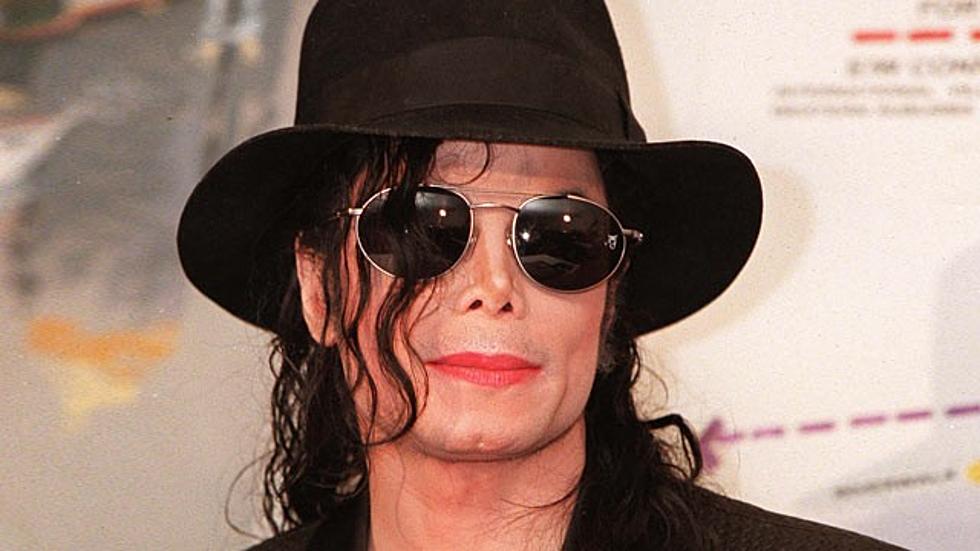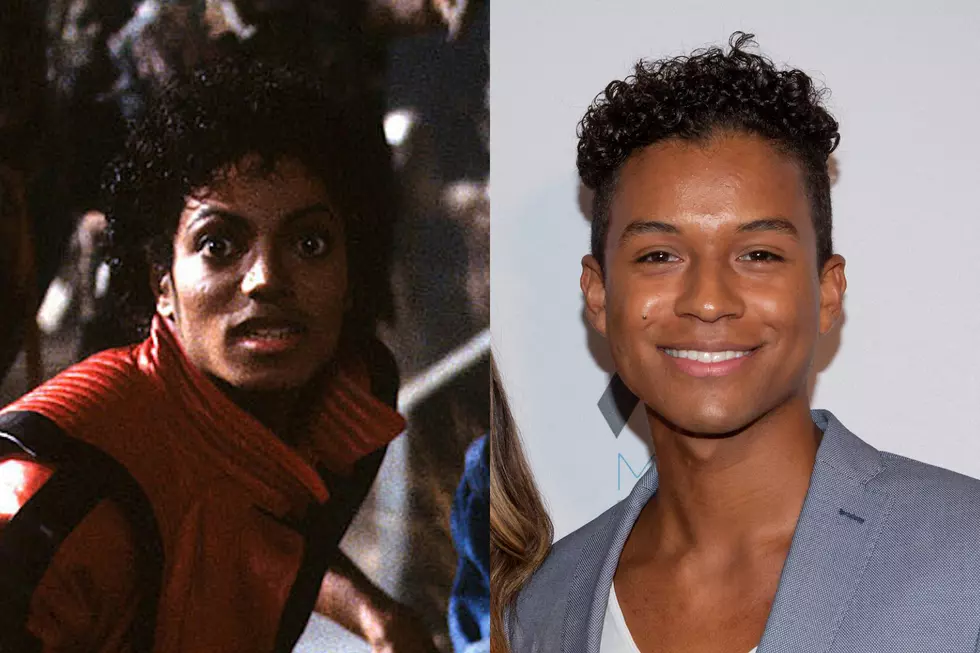
Jackson’s Ex-wife Testifies About Fear of Pain
Michael Jackson's ex-wife broke into tears on Wednesday when she took the witness stand in a civil case and described the singer's fear of pain and trust of physicians.
Debbie Rowe said the pop star trusted doctors to prescribe pain medication to him, but they sometimes tried to outdo each other while losing sight of Jackson's care.
"Michael had a very low pain tolerance and his fear of pain was incredible," Rowe said. "I think the doctors took advantage of him that way."
She said she was with Jackson when he received treatments from his longtime dermatologist Dr. Arnold Klein and from plastic surgeon Dr. Steven Hoefflin. The two doctors would try to out-do each other in the pain medications they gave the singer, she said.
The doctors "were going back and forth the whole time, not caring about him," Rowe told jurors.
Rowe is the mother of the singer's two oldest children, Prince and Paris Jackson. She and the pop star were married from 1996 to 1999. Rowe also worked with Klein.
Rowe said she told another one of Jackson's doctors, Allan Metzger, that she was concerned that Klein and Hoefflin were giving the singer too many medications.
"The only physician who ever did anything, the only physician who cared for Michael was Allan Metzger," Rowe said, fighting back tears.
Rowe described efforts to wean Jackson off the painkiller Demerol after he had surgery in 1993 to repair damage to his scalp, which was burned while filming a Pepsi commercial.
She said Metzger devised a plan to treat Jackson's pain with different medications before he went on a leg of his "Dangerous" tour. Rowe lived with Jackson for three weeks to ensure he stayed on the regimen.
"At that point we were friends," Rowe said. "He wasn't a patient."
She said Jackson knew he couldn't take pain medications forever but needed a strong voice to get him off the drugs. "I'm probably one of the only people who said no to him," Rowe said.
Rowe said the plan to break Jackson's use of Demerol failed when a doctor who accompanied the singer on tour gave him the drug while overseas.
A phone message left at Klein's office was not immediately returned. An email sent to Hoefflin's former practice was returned, stating the plastic surgeon retired five years ago and no longer practiced medicine.
Rowe said Jackson respected doctors immensely because they went to school and vowed to do no harm to patients.
Katherine Jackson claims in her lawsuit that AEG Live failed to properly investigate the doctor later convicted of giving her son an overdose of the anesthetic propofol in 2009.
She sat in the front row of the courtroom and leaned forward in her seat during portions of Rowe's testimony.
AEG denies it hired Conrad Murray or bears any responsibility for the singer's death.
Marvin S. Putnam, the company's lead defense attorney, said in opening statements that the case was about Jackson's personal choices and his desire to use propofol as a sleep aid.
Rowe described her first meeting with Jackson in the early 1980s, when he came into Klein's office for treatment of acne. She said Klein often met with celebrity patients on weekends and after-hours so they could avoid scrutiny, and in her first meeting with Jackson she asked him to come into the office for future visits at a more convenient time.
"That's when our friendship started," she said.
Rowe said she would frequently talk to Jackson on the phone and eventually started to accompany him to his treatments with Hoefflin. The plastic surgeon would give Jackson propofol during some procedures, and during others the singer would be given drugs that would leave him unconscious for several hours.
Copyright 2013 by The Associated Press. All Rights Reserved.
More From New Jersey 101.5 FM









